Writing is the most powerful of the Arts, which is why the Founders listed freedom of speech and freedom of the press among the inalienable Rights that Congress is prohibited from legislating against, in Amendment I of the Constitution of the United States of America.
 I’ve encountered a number of blog posts recently that encourage novelists to grapple fearlessly with difficult topics and controversial issues, and above all, to write to please themselves. Sadly, some others of the citizenry do not voluntarily assume the same restraint under which Congress must operate, and those individuals take it upon themselves to urge censorship upon novelists whose Muse leads them to include in their stories situations or behavior of which those readers disapprove. Sometimes the self-appointed censors succeed.
I’ve encountered a number of blog posts recently that encourage novelists to grapple fearlessly with difficult topics and controversial issues, and above all, to write to please themselves. Sadly, some others of the citizenry do not voluntarily assume the same restraint under which Congress must operate, and those individuals take it upon themselves to urge censorship upon novelists whose Muse leads them to include in their stories situations or behavior of which those readers disapprove. Sometimes the self-appointed censors succeed.
The personality and motives of fictional characters are illustrated by the action and dialogue, but in a psychological novel we also get more of the deep stuff, where personality and motivation originate. Such intimations can elicit a strong visceral reaction in a reader, but the remedy for that is not censorship. The reader is free to close the cover and simply say of that book, “It’s not for me.”
As a clinician, the psychology of reading and writing fascinate me. Registered Nurses have to be able to handle all manner of unpleasant things, and when I was in practice, I didn’t have any trouble with the grim realities of healthcare. But I’ve never been able to stomach reading Stephen King – although, oddly enough, the text analyzer at I Write Like says that the first four chapters of Irish Firebrands are written in King’s style (equally shared with that of James Joyce, whom I never had the patience to read).


Like other forms of Art, whether or not a piece of Writing makes acceptable reading, is in the eye of the beholder. I’ve blogged elsewhere about the excess of execrable language in modern fiction (see Let’s Get Out of the Gutter and Watch Your Language!). But I was surprised about how much otherwise controversial material ended up in Irish Firebrands (see Not Your Mother’s Mills & Boon and If Only Life Would Imitate Art!).
Although toilet-talk text enjoys popular acceptance, fiction that deals with theology doesn’t seem to qualify – unless the writing is hostile towards the faith that’s under examination. If fiction is sympathetic towards religious beliefs and practices, its author may be accused of proselytizing. At the very least, such writing is dismissed to a niche.

 People’s religious beliefs can be seen as a manifestation of how they cope: how they make sense of the world and psychologically integrate the events that affect them. But when someone believes something different, it can feel intimidating to another person. Examples of this include the terror some people felt about the election of a Roman Catholic or a Latter-day Saint to the Presidency of the United States, although the Constitution does not deem it necessary to prescribe a religious test for presidential candidates. Like freedom of speech and freedom of the press, freedom from an established religion and freedom to practice religion are also inalienable Rights enumerated in the First Amendment.
People’s religious beliefs can be seen as a manifestation of how they cope: how they make sense of the world and psychologically integrate the events that affect them. But when someone believes something different, it can feel intimidating to another person. Examples of this include the terror some people felt about the election of a Roman Catholic or a Latter-day Saint to the Presidency of the United States, although the Constitution does not deem it necessary to prescribe a religious test for presidential candidates. Like freedom of speech and freedom of the press, freedom from an established religion and freedom to practice religion are also inalienable Rights enumerated in the First Amendment.
 I enjoy reading what can be described as religious, inspirational, or visionary fiction in a variety of makes and models. One of my favorites is The Robe[1], a biblical novel by Lloyd C. Douglas[2] (1877-1951), who was a clergyman whose experience with faith led him to change his religious denomination during his career.
I enjoy reading what can be described as religious, inspirational, or visionary fiction in a variety of makes and models. One of my favorites is The Robe[1], a biblical novel by Lloyd C. Douglas[2] (1877-1951), who was a clergyman whose experience with faith led him to change his religious denomination during his career.
So it was probably natural for the Muse Polyhymnia to step in and direct Irish Firebrands to cross her genre line. I wrote about several characters whose brands of belief (or lack thereof) interest me, and whose struggles to come to terms with the challenges of their internal and external environments, happen to involve the acquisition and/or practice of those beliefs. The characters in Irish Firebrands are flawed, but they’re not evil, no matter if, who, what, where, when, why or how they may choose to worship.
Real people are born innocent, and most of them remain decent, whether or not they become people of faith, to help them stay that way. That may not always be the case in fiction – not even in other novels that I may write. I just follow the Muse on duty, and take what feels like a realistic route to translate Life into Art.
Sometimes what we write is more effective than it is successful. But if what we’ve written is right for the story, we don’t need to haul out the herbicide tank.
[1] Dr. Douglas didn’t want his writing to be dramatized, but Hollywood did it anyway, and of course they hosed it up. So read the book, don’t bother with the movie. All you’ll be missing is Richard Burton with a perm and wearing a skirt.
[2] He was born approximately one mile from where I wrote Irish Firebrands. Must be something in the water.


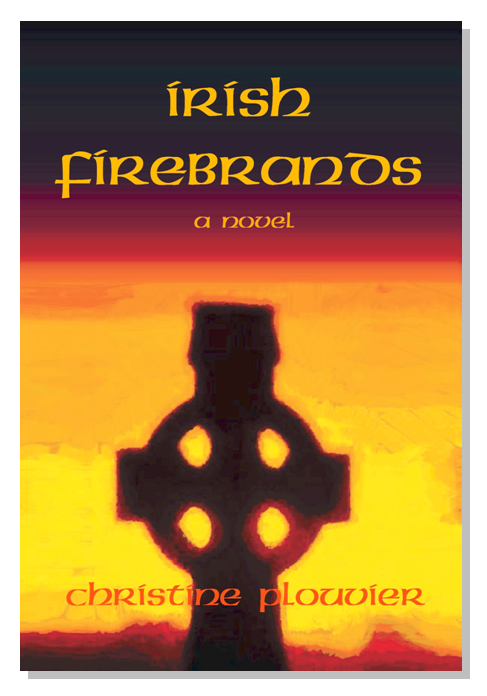
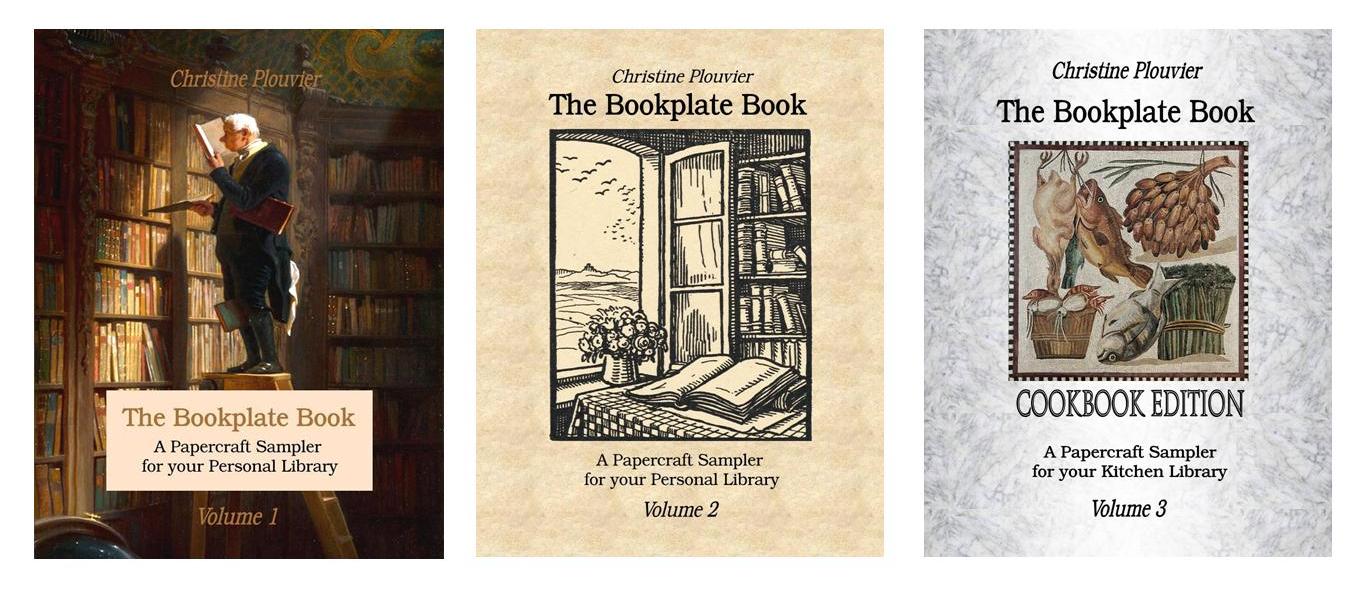


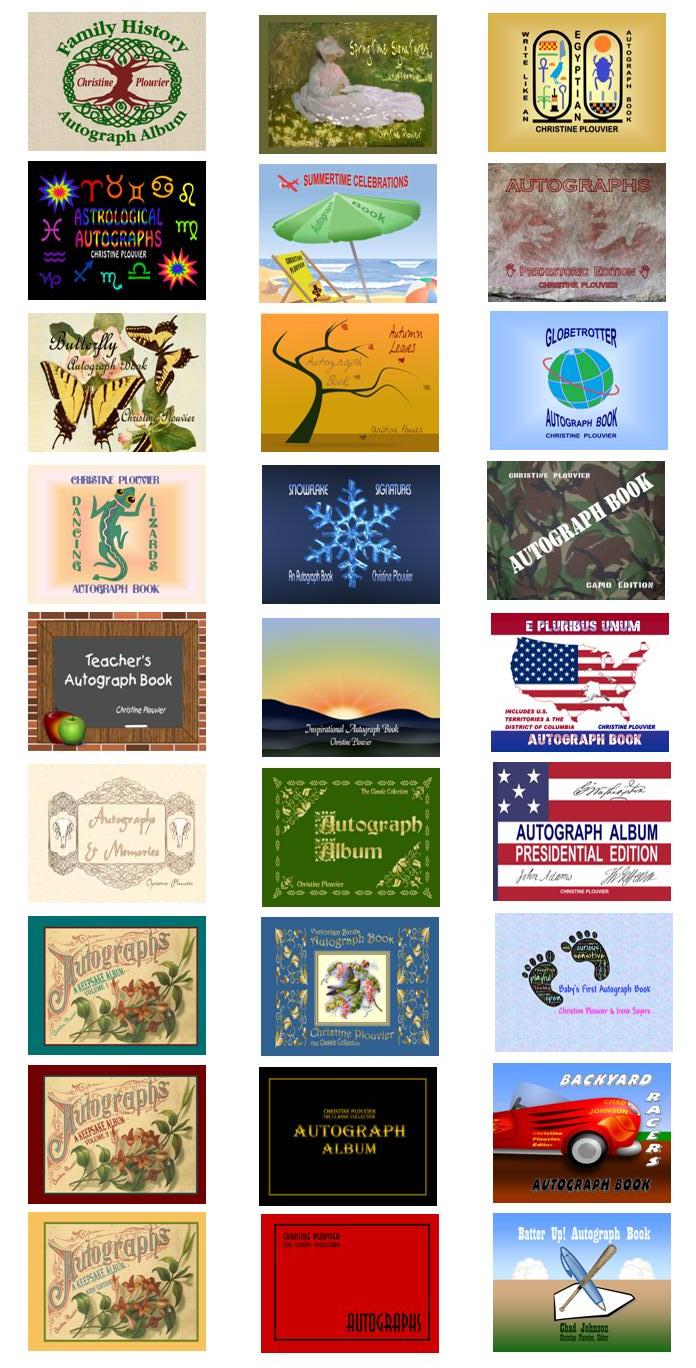

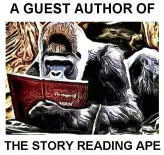

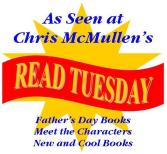
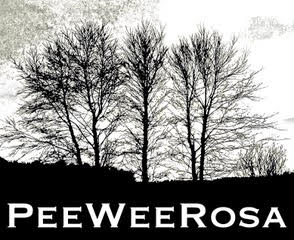



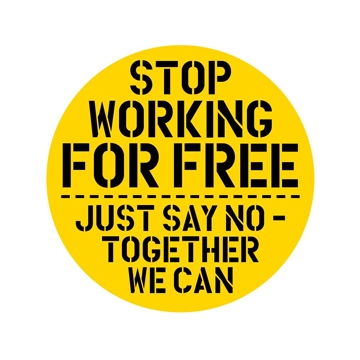

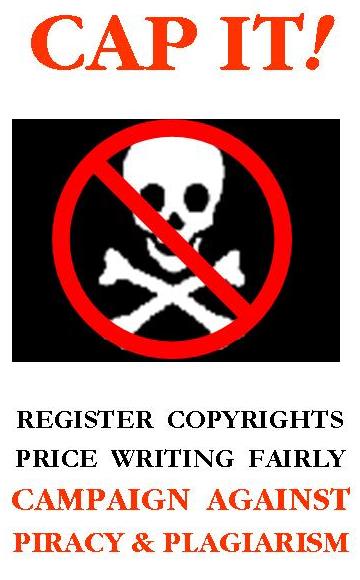


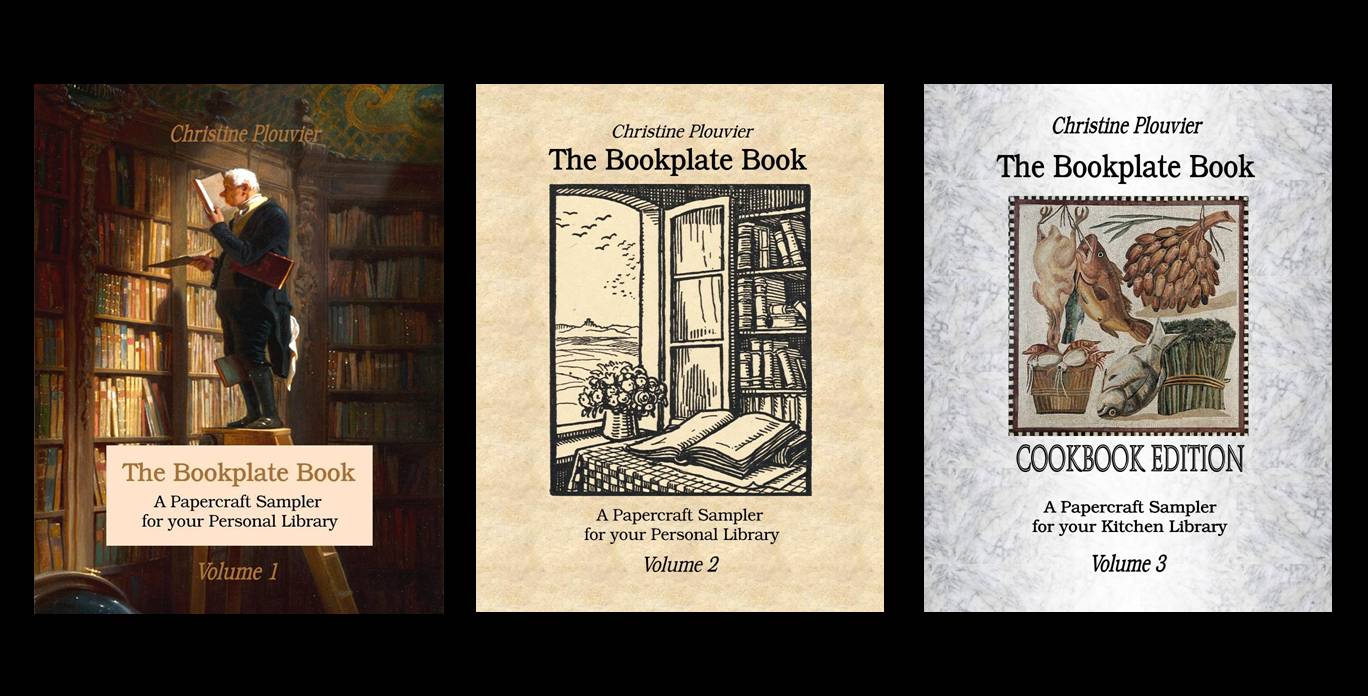

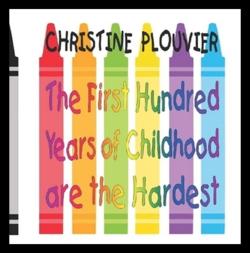
Though provoking post today.
LikeLiked by 1 person
Thanks, Craig. You’ve cooked up some tasty brain soup, yourself.
LikeLiked by 1 person
I had to play with the toy. Apparently, the passage I submitted was in the style of Neil Gaiman.
LikeLike
The blogger from whom I learned about I Write Like, said she was disappointed that her writing didn’t match King’s, so when mine came up that way, it was one of those “Yikes!” moments. But as far as artificial intelligence goes, IWL may be smarter than the Hemingway App. My style shifts between King and Joyce according to whether I’m writing from the American POV or the Irish POV. Kind of like what’s called “code switching” in linguistics, which makes sense, because I’m a polyglot, too. Incidentally, the four blog posts I tested came up H. P. Lovecraft, and I read only one of his stories, 40 years ago. (That was more than enough Lovecraft, for me!) 😀
LikeLiked by 1 person
I’m going to stop with Gaiman. I like him.
LikeLike
I conducted several tests of the I Write Like analyzer with my own fiction a couple of years ago; the results are on my blog: http://northofandover.wordpress.com/2012/08/24/i-write-like-myself/
It’s funny how changing just one or two key words can create different results. For example, if you have a character named Bella in your sample, you’ll be told that you write like Stephenie Meyer no matter what your writing style. If you use an adjective that H. P. Lovecraft used frequently, you’ll be told that you write like him even if you write sweet romances.
LikeLike
I figured IWL may have to do with patterns of word usage, and not with genre. The consistency of my samples was interesting. I wonder if that will change over time.
The judgments made by the Hemingway App make no sense. I posted my experiments with that one in “That’s Artificial Intelligence, For You,” at http://wp.me/p30cCH-oz
LikeLike
Well, of course I had to play… First I got Stephen King. I was cool with that. Then from a later passage in the same book, I got Chuck Palahniuk. I don’t even know who that is! Then from even later in the same book, I got Raymond Chandler.
As for the rest of your post, I chuckled when I realized you quoted the Constitution. I bet myself that you already knew that by heart and did not have to refer to your purse card. 😉 It reminded me of that controversy a few years ago about Mark Twain’s books being pulled from schools because some people considered some of the language offensive.
As for Stephen King, have you ever seen any of his movies (which of course are not nearly as good as his books)? If not, you may not realize that more often than not, his type of “horror” isn’t really scary, per se, because it is usually so far-fetched, it is obvious that it could never really happen. At least that’s how I see it. But as for his writing style, he really does paint a vivid picture for the reader.
LikeLiked by 1 person
My mother is a Stephen King fan, and I tried him on her recommendation, but I couldn’t get more than a few pages in, before I had to say, “Eh, nah, no thanks.” I’m too squeamish for horror flicks, but I will watch historical war movies, although I lose patience with those that turn out to be just vehicles for special effects (in particular, any that indulge in an excess of explosions, and gratuitous gore). I would probably not have done well under an artillery barrage in the trenches. That said, why am I writing The Passions of Patriots, which deals in large part with the First World War and internecine Irish conflicts? Go figure. 😉
LikeLiked by 1 person
Uh, yeah… I was going to ask you the same thing. 🙂 Which Stephen King did you (start to) read? Some are not nearly as gory as others. For example, Pet Sematary or It are a bad idea for a new S.K. reader. But Thinner isn’t bad.
I don’t care for unnecessary gore, either. I like things such as the shower scene in Psycho where you saw the hand with the knife, you heard the music, then you saw a little blood going down the drain, but you never saw any stabbing, you only knew what happened.
I wonder if you would be able to read any of mine or if they would bother you? I don’t write horror, but there is sometimes killing or fighting. Thought I try to paint a picture without being too overly graphic and leave most of it in the reader’s imagination.
I would have thought having been a nurse, you’d have seen a lot worse than what goes on in books. No? 🙂
LikeLike
RATS! I did something wrong (above) in trying to turn off the italics! 😦
LikeLike
You have to make sure you’ve got all the symbols, and in the right order. (I fixed it from my end.) 😉
LikeLiked by 1 person
Thank you! I figured out after the fact that I had the slash in the wrong place. 🙂
LikeLike
Birth, death, and much of life in between are all incredibly messy, but being repeatedly exposed to that as a Registered Nurse didn’t bother me (and I had clinical experience in everything but “office” nursing). But much of what is portrayed in books and motion pictures is needlessly over-the-top (as well as frequently in error), and that both annoys and disgusts me. Perhaps it’s because I’ve seen so much messy stuff that my imagination is more active than that of the average person: I can fill in the blanks with more details.
LikeLiked by 1 person
I understand. When I was a paralegal, I was usually the one responsible for tagging and keeping up with the gory accident photos that the attorney couldn’t stomach. And I agree that movies and books are often over the top. I don’t need to know about entrails and such.
LikeLiked by 1 person
Gee … I don’t know which book it was. That little detail didn’t make it into long-term memory, but I know it was at least 20 years ago, so that leaves out about half of his novels.
LikeLiked by 1 person
If you try again, try “Thinner.” It’s not gory. It’s about a big guy who accidentally hits and kills a gypsy with his car and the gypsy king puts a curse on him and he starts losing weight. Oh, and the ending is nice. It’s one he wrote as Richard Bachman. “Misery” is also excellent and not gory. Actually, I’d recommend that before “Thinner”. It’s about a famous writer whose car crashes and a fan finds him and takes him into her home to care for him… But she won’t let him leave until he writes another novel. And it also has a good ending.
LikeLike